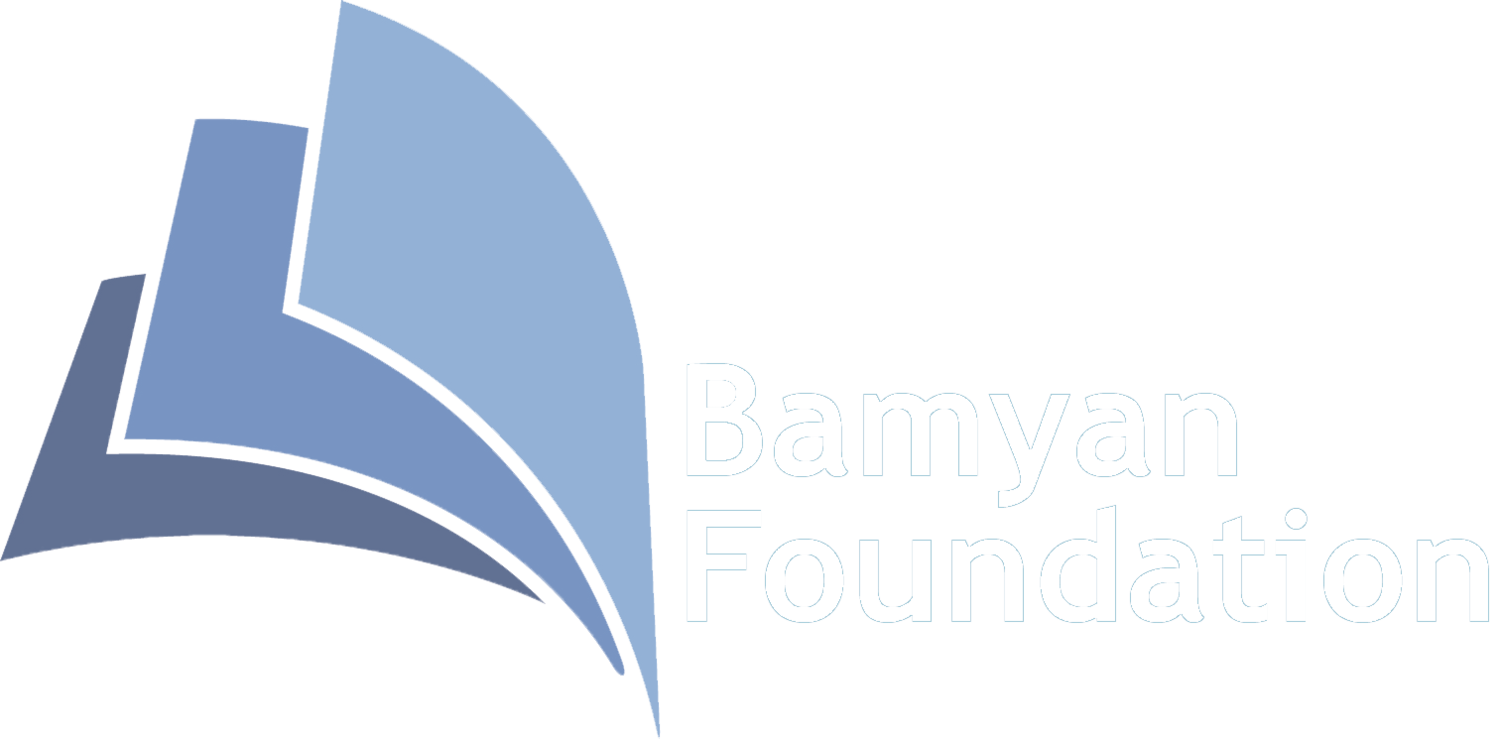Every year, on December 21st, Persian-speaking communities come together to commemorate the longest night of the year. This special night is marked by gathering and executing special programs that make it a memorable one.
According to a long-standing tradition among Persian-speaking communities around the world, especially in Afghanistan, the winter solstice marks the longest night of the year and signifies the arrival of brighter days. During this time, families come together in the homes of senior family members, serving dried fruits, pomegranates and watermelon, two iconic foods of the occasion. The evening is spent reciting poetry, consulting the "Fal-e-Hafez" for guidance, sharing old stories and legends, and cherishing each other's company until morning. The celebration of this long night signifies the arrival of winter, a season of snow and rain, and it is believed to bring prosperity and blessings to agriculture and irrigation.
It is a commonly held belief among the Persian speaking communities that by gathering and celebrating this night, they symbolize their triumph over darkness and express optimism for a brighter future.
Given the dire situation in Afghanistan, where people endure challenging days and nights, and many have fled the country and became refugees, there are few celebrations or events that can bring happiness to their hearts.
To bring some joy and a unique atmosphere to the newly arrived Hazaras who have faced hardships and are still dealing with war traumas, the Bamyan Foundation and the Hazara American Association held an event to celebrate this night in a special way this year. By honoring customs and traditions during this night, the two organizations aimed to create a space of joy and happiness where the community can come together for friendly conversations, forget about their daily hardships, and hold hope for a better future in the US and a brighter tomorrow for the people of Afghanistan.
Our teams organized the event on December 21st, 2022, attended by over 250 community members. This event was specifically designed to celebrate the customs and traditions of the Yalda night. The program was filled with a variety of activities, including poetry recitations, a historical overview of the Yalda celebration, games and activities for children, fortune-telling, dancing, and a special performance of Hazaragi dance. The purpose of this gathering was to bring some joy and hope to the recent evacuees, who have faced tremendous challenges and are still struggling with intense sufferings, and connect them to the diaspora community. By participating in these activities, they had the opportunity to come together, forget their worries, and look towards a brighter future in the US and hope for a better tomorrow in Afghanistan.
Traditional Hazaragi music was among the highlights of the event.
During the event, given the fact that the Hazaras carry the bitter traumas of marginalization, persecution and war, an effort was made to provide a positive message of hope and renewal through the words and poems shared with the participants, and to give a glimpse of better days and the end of these dark and prolonged memories.
Most of the participants expressed at the end of the program that it is important for them to celebrate their cultural heritage and promote a sense of solidarity and empathy among each other. This program provided a great opportunity for them to have a joyful moment after months of suffering and distress, and demonstrated that events like this can revive the beautiful traditions and customs of their people and pass them on to future generations.
Zahra Yagana, Khatera Alizada & Timor Karimy contributed to this report.



